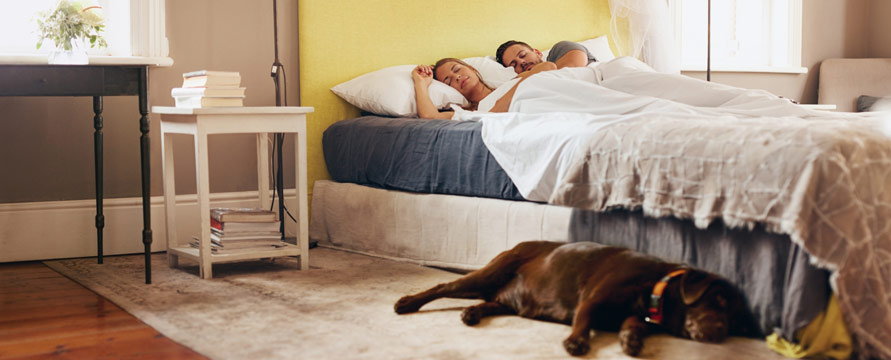
Bruxism, more commonly known as grinding your teeth, can lead to dental issues if not stopped. But often people aren’t even aware they do it because they only grind their teeth while sleeping. So if a patient suspects they grind their teeth or sleeping partner believes they do here are some signs to tell them to look for:
- Flattened, chipped, or loose teeth
- Worn tooth enamel
- Increased tooth sensitivity
- Jaw or face pain
- Clicking jaw
- Damage from “chewing” on inside of cheeks
People grind their teeth for a variety of reasons, including stress, sleep apnea, misalignment of the upper and lower jaw, among others. And if left untreated they can end up with permanent damage to their teeth. So be proactive and help your patients control this bad (albeit unintentional) habit with these treatment suggestions.
- Manage your stress—try to do something relaxing (such as meditation before bed)
- Have your dentist show you the best resting position for your mouth and jaw
- Get fitted for a mouth guard at your dental office
- Keep regular dental exams to watch for signs of bruxism returning
- Receive dental work, such as braces or an occlusal splint, to align teeth and jaws properly
Source:
Causes of Tooth Grinding And Tips On How To Stop Grinding Your Teeth
Diseases and Conditions: Bruxism (teeth grinding)

